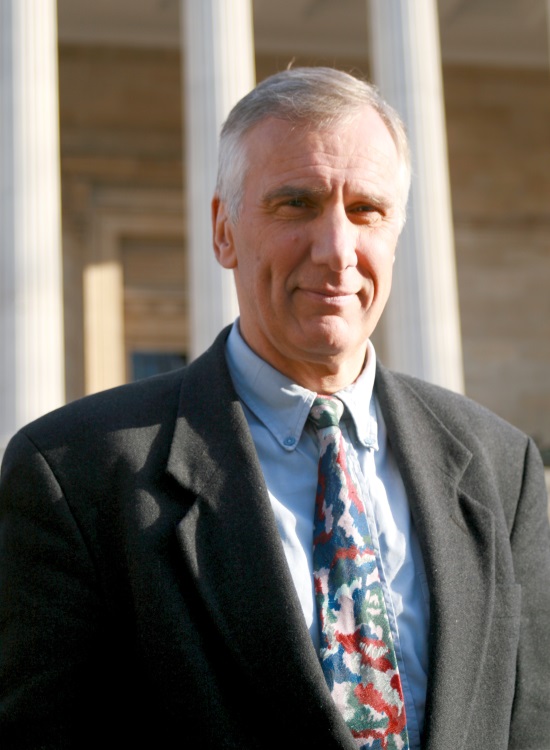Links to external sources may no longer work as intended. The content may not represent the latest thinking in this area or the Society’s current position on the topic.
Characterising exoplanets: detection, formation, interiors, atmospheres and habitability
Scientific discussion meeting organised by Professor Athena Coustenis, Professor Steve Miller, Professor Peter Read and Professor Jonathan Tennyson FRS
Event details
This meeting aims to set the agenda for the next decade in this rapidly expanding field of extra-solar planet science. Some 800 planets orbiting stars outside of our solar system have now been detected, with varying masses and orbital parameters. The challenge now is to move from detection to understanding these planets as bodies in their own right.
Biographies of speakers and their talk abstracts can be found below and you can download the programme. Recorded audio of the presentations are available below. Papers of this meeting have been published in Philosophical Transactions A.
Enquiries: Contact the events team.




